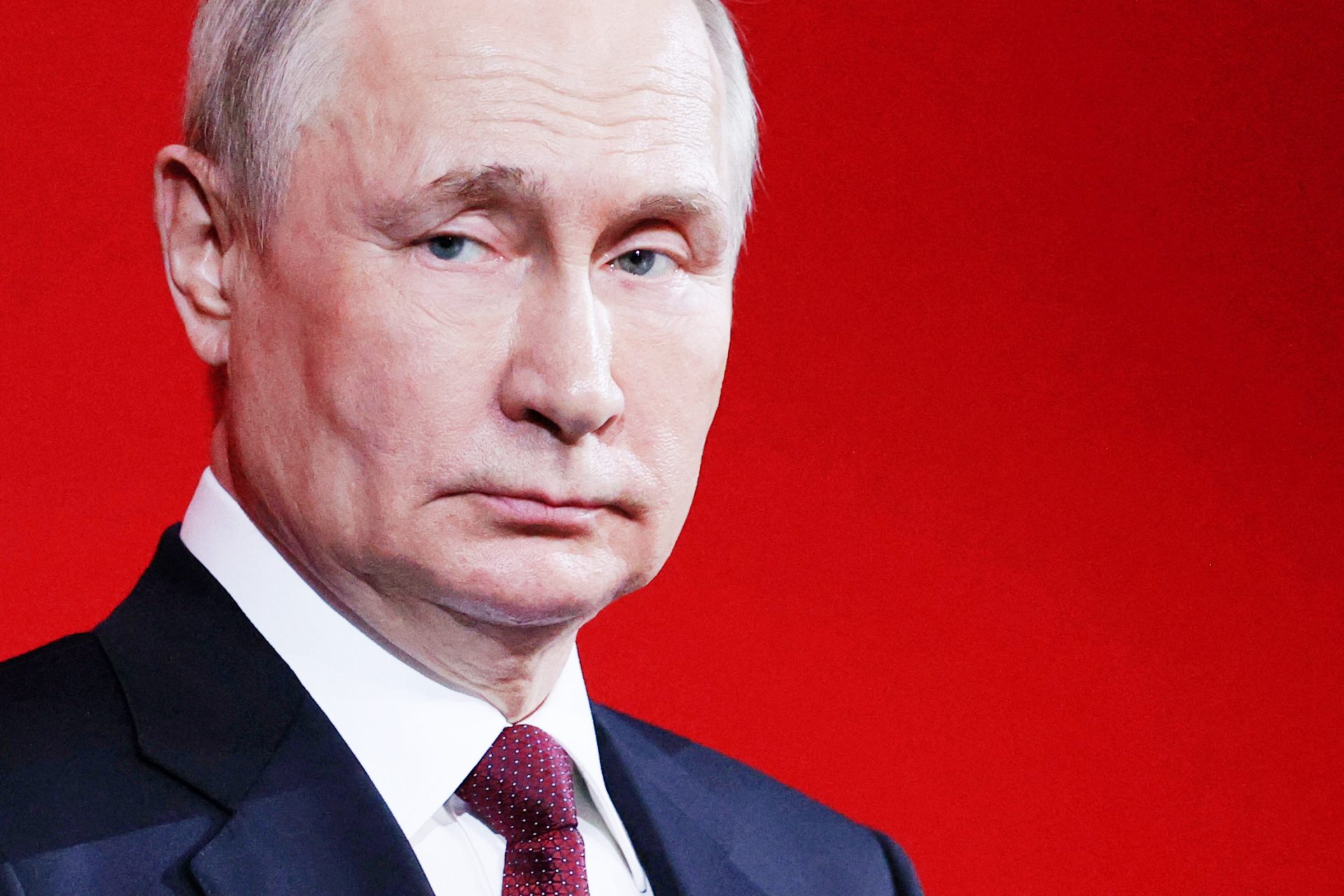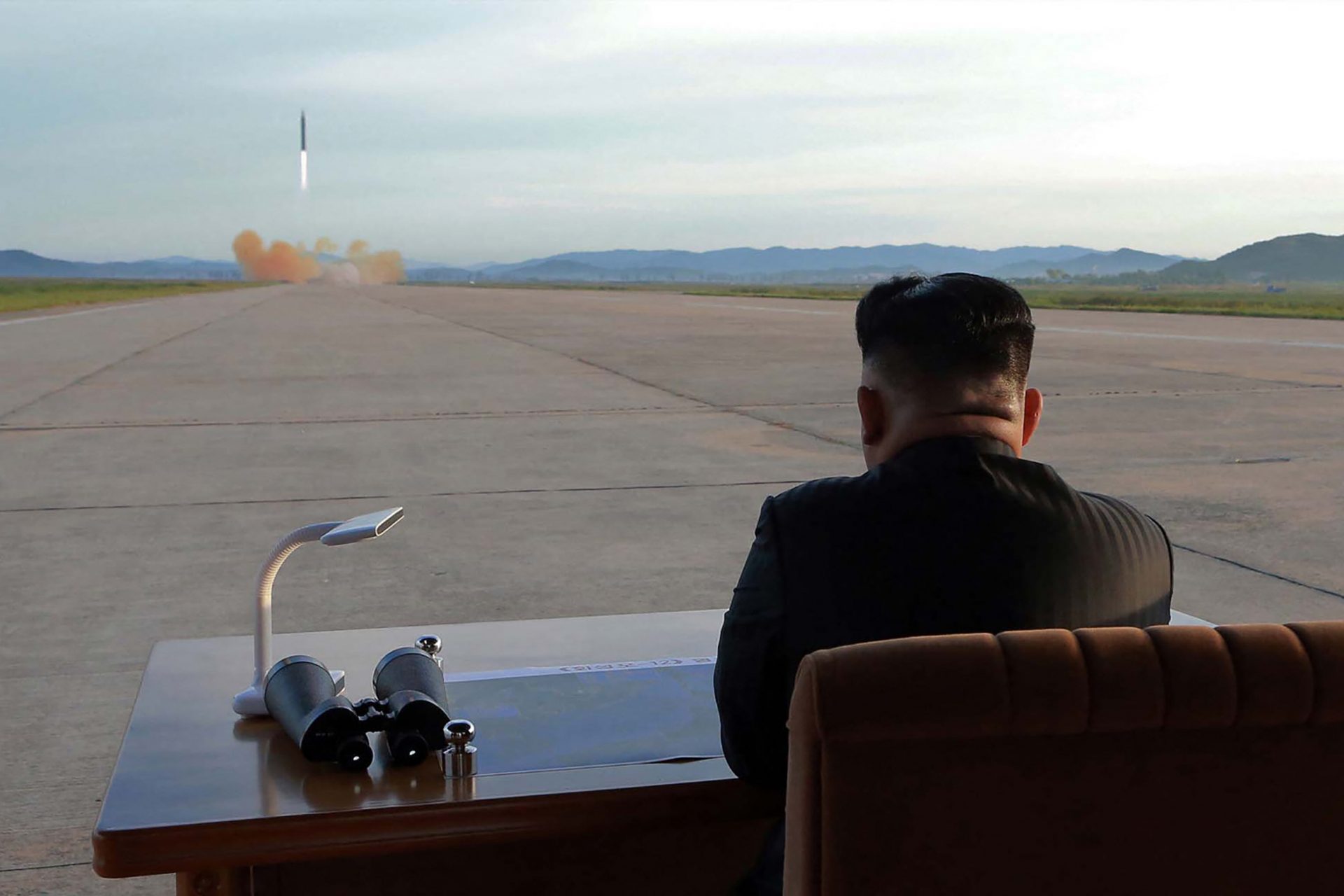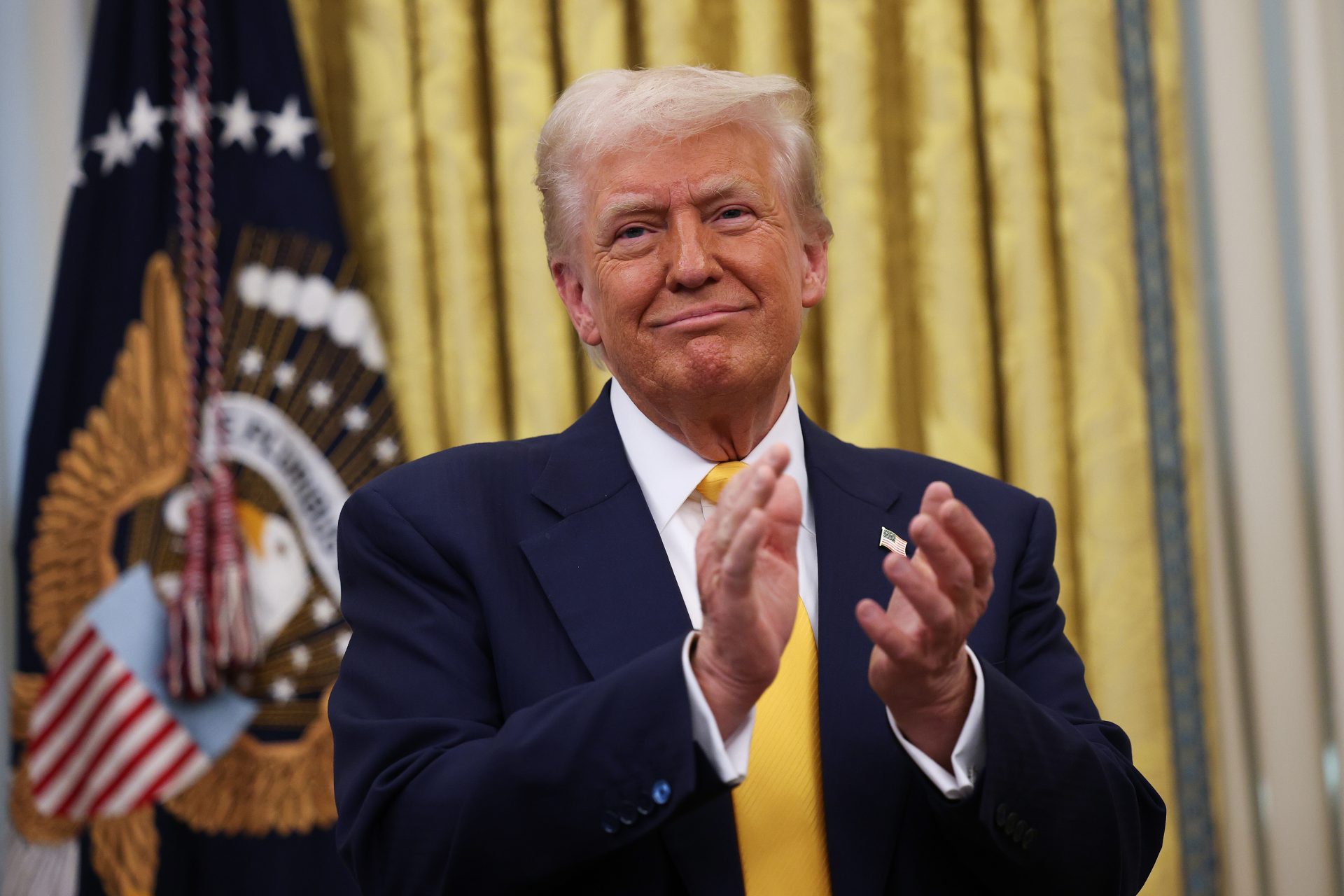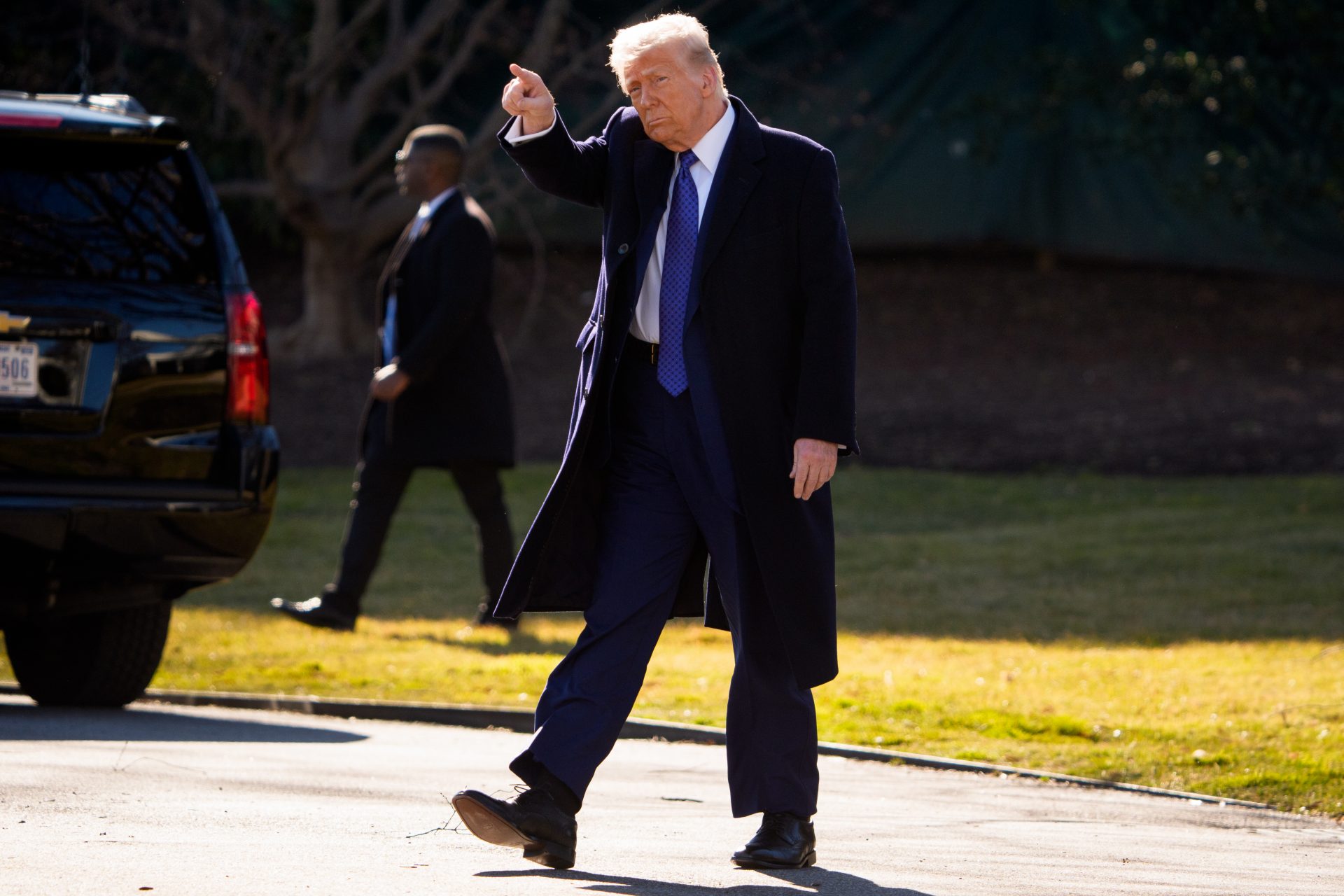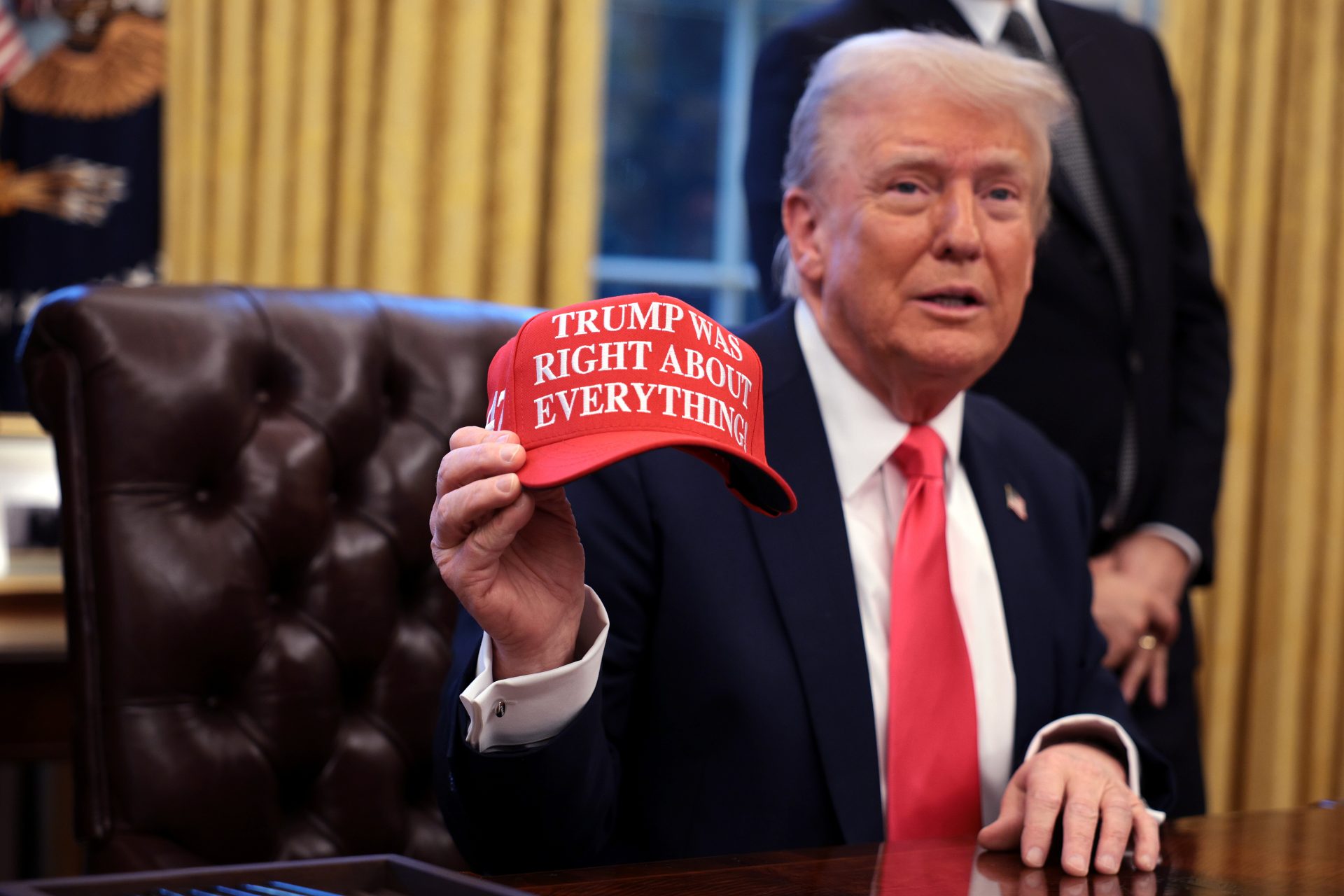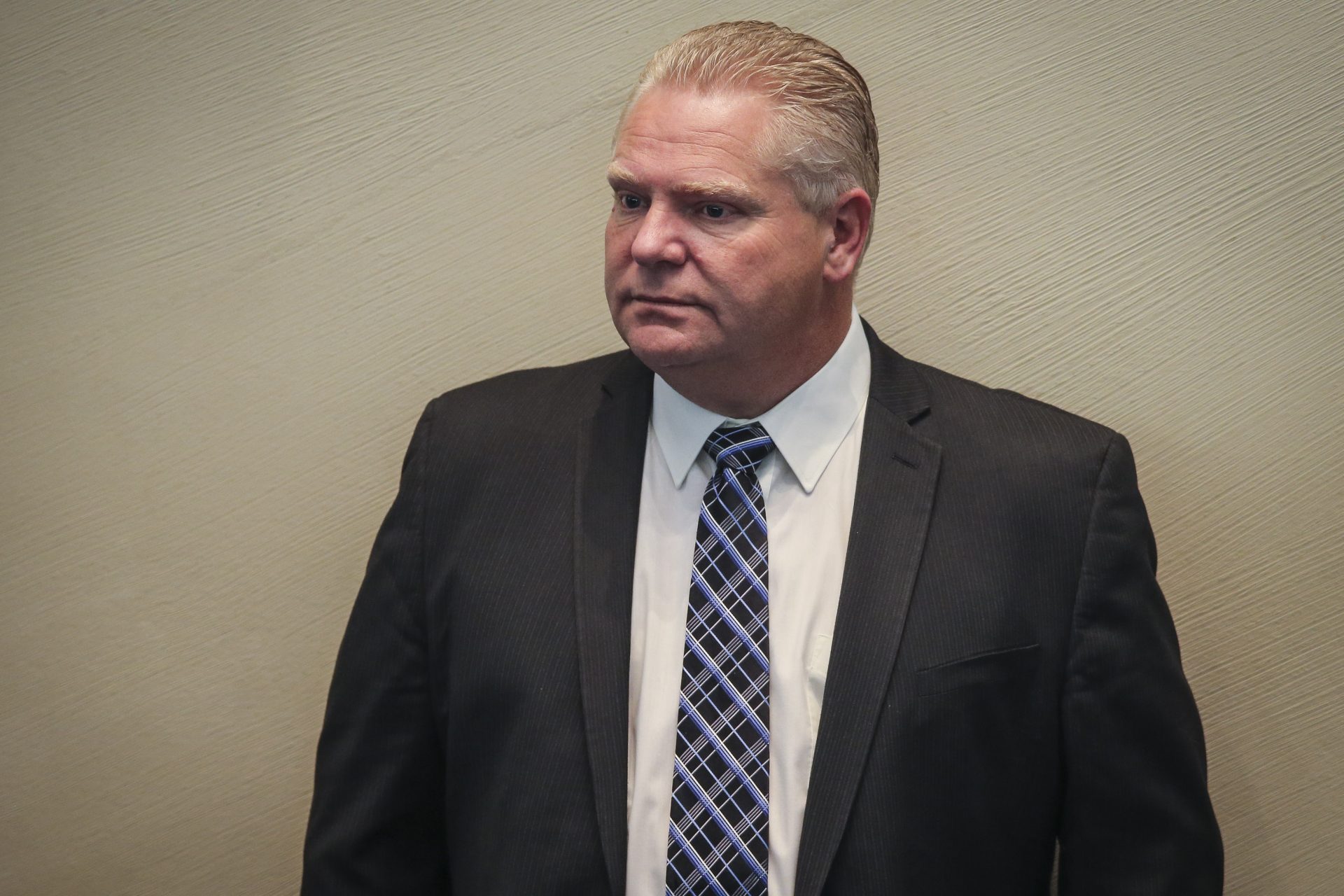6 terrible times Mitch McConnell put his politics over his morality
Republican Senate Minority Leader Mitch McConnell has been a complicated figure in American politics. Hated by his enemies as a political opportunist and obstructionist and loved by his allies for those very same reasons, McConnell has shown himself to be the quintessential modern conservative and masterful legislator who aims to win fights rather than friends.
Maybe it's McConnell’s penchant for winning fights that saw him vote against enshrining the right of interracial marriage in American law on November 17th.
This was a controversial and rather curious decision for the caucasian Senator to make since he is currently married to former U.S. Treasury Secretary and well-known Asian-American, Elaine Chou.
But McConnell’s most recent vote wasn’t the first time he made a controversial and slightly hypocritical decision in pursuit of his political greater good. Here are five other times Mitch McConnell chose his politics over his morality.
As a teenager, McConnell ran for student government but was deeply unpopular with his fellow classmates. In a bid to win their votes, the future Senator decided to spend his campaign flattering influential jocks and cheerleaders with the hope they could persuade others to vote for him.
“When McConnell tells the story of his first campaign—for student-council president,” wrote journalist Jane Mayer in a 2020 New Yorker exposè on the man, “what leaps out is that he seemed far more interested in winning the title than in doing anything with it,” a problem that would follow McConnell well into his professional political career.
Mayer also noted that McConnell was said to have joined the army reserves in 1967 under the assumption that it could help provide him with more political opportunities.
But after just five weeks McConnell’s father had him pulled out with help from a Kentucky Senator they knew.
A politician is only as good as their word, right? Well, this doesn’t seem to be the case with McConnell, who has regularly broken promises made to his constituents.
When McConnell won his first county office in 1960, he did so on a strongly pro-union and pro-abortion rights agenda. But after taking office, McConnell shifted to the right and away from all the promises he made.
"In his first elected office in Louisville,” wrote Alec MacGillis, McConnell’s biographer, “[McConnell] repeatedly snuffed out anti-abortion bills that were coming through his office — [he] didn't even let them come up for a vote or a hearing."
But in 1984, McConnell barely won his seat in the Senate, only getting 5,000 more votes than his opponent. It was this experience that changed his views and pushed him further to the right.
For a staunch Republican who has stood behind the conservative pillar of family rights, McConnell was quick to use a political opponent’s divorce against him while on the campaign trail.
But three years after making fun of Todd Hollenbach for his divorce, McConnell would be embroiled with his own after accusations about his own infidelity led to his divorce from his first wife, Sherrill Redmon.
During his second Senate campaign, McConnell worked with Fox News President Roger Ailes to produce a series of misleading political ads against his opponent Harvey Sloane, accusing the man of being a drug abuser and prescription fraudster.
They were in a tight race,” wrote HuffPost's Jennifer Bendery, “so McConnell leaked to the press that Sloane had used an expired Drug Enforcement Administration registration number to prescribe himself sleeping pills to help with pain from hip replacement surgery.”
Sloan was investigated by Kentucky’s state medical board and chided for his actions. But formal sanctions were brought against Sloane.
Nevertheless, McConnell still pushed anti-Sloane ads featuring drug paraphernalia with narration describing Sloane’s penchant for prescribing to himself.
One of the biggest dark spots on McConnell’s political record occurred in partnership with his wife, Elaine Chou, who was the incoming U.S. Labor Secretary at the time.
Together the couple derailed an investigation into Massey Energy, which had leaked 300 gallons of coal slurry into groundwater and contaminated the water supply for tens of thousands of Kentuckians.
Chou chose McConnell’s former chief of staff, Steven Law, as her chief of staff at the Labor Department and when President George W. Bush was sworn in, the investigation into Massey was halted.
“Law had his finger in everything,” noted lead investigator against Massey Energy Jack Spadaro, “and was truly running the Labor Department. He was Mitch’s guy.”
Even today, residents are still suffering from the incident. Jane Mayer pointed out that one man “keeps a bucket tied to a bridge, which he lowers into the creek below when he needs water to flush a toilet. He must drive to another county to buy clean water.”
But willingly blocking investigations into massive ecological disasters isn't the only thing McConnell has blocked during his political career.
As Senate Majority Leader, McConnell did everything he could to obstruct normal political proceedings. Including blocking President Barack Obama’s health care reform and fiscal stimulus reforms.
In his most cynical move as a politician, McConnell used his power in the Senate to block Obama’s appointment of Justice Merrick Garland, paving the way for future president Donald Trump to drastically transform the makeup of the United States' highest court.
During the Trump years, McConnell was a mixed bag of good and bad. While he worked with Trump to help him achieve much of his agenda goals, in what Jane Mayer called "a stroke of cynical political genius," McConnell ultimately turned his back on the Republican president in the wake of January 6th and the storming of the American Capitol building.
Mayer accused McConnell of being Trump's chief enabler, helping the President secure Brett Kavanaugh's nomination to the supreme court and working with the administration to prohibit witnesses from appearing at Trump's impeachment trial.
In the days and weeks after the insurrection at the Capitol, however, McConnell backed away from Trump calling him "crazy" and vowed to never help him again.
“We’ve all known that Trump is crazy,” he said. “I’m done with him. I will never speak to him again.”
In the end, McConnell’s biographer Alec MacGllis wrote that McConnell transformed “from a moderate Republican who supported abortion rights and public employee unions to the embodiment of partisan obstructionism and conservative orthodoxy on Capitol Hill." Something that has only come to harm the American public as one looks back at McConnell’s long career in American politics.
More for you
Top Stories


































